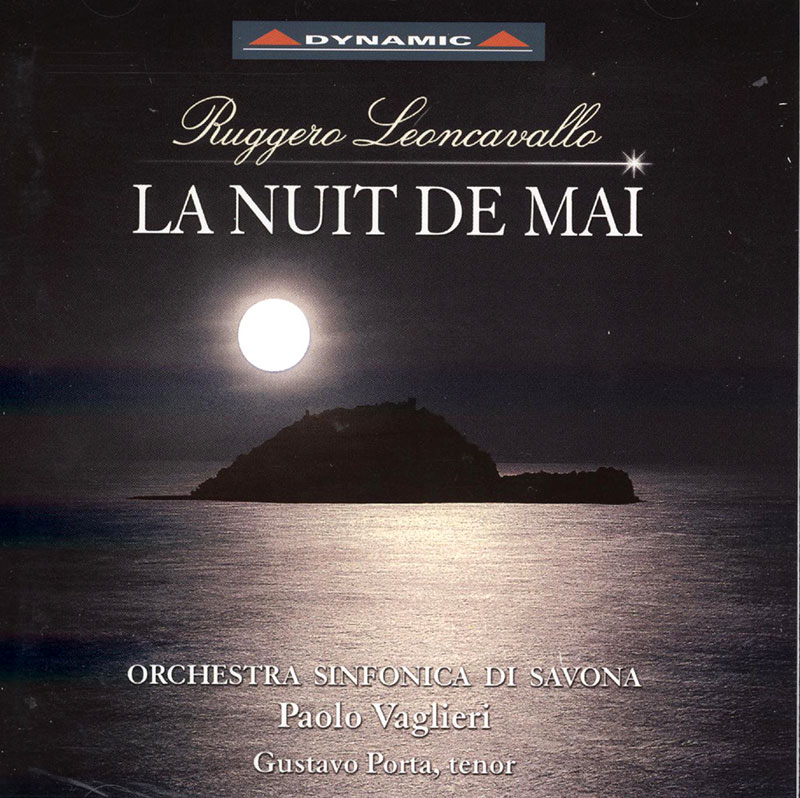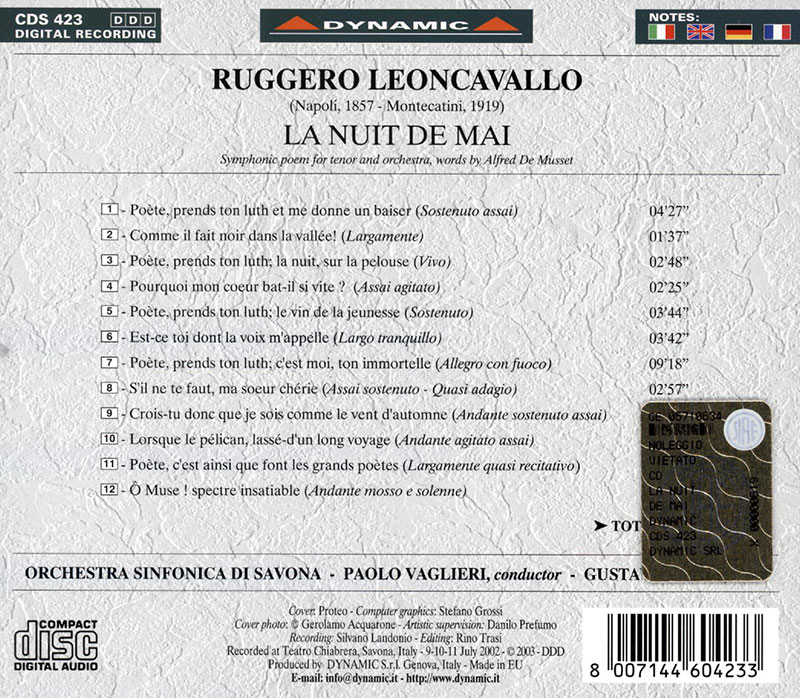Logowanie
OSTATNI taki wybór na świecie
Nancy Wilson, Peggy Lee, Bobby Darin, Julie London, Dinah Washington, Ella Fitzgerald, Lou Rawls
Diamond Voices of the Fifties - vol. 2
Tylko 1000 egzemplarzy!!!
DVORAK, BEETHOVEN, Boris Koutzen, Royal Classic Symphonica
Symfonie nr. 9 / Wellingtons Sieg Op.91
nowa seria: Nature and Music - nagranie w pełni analogowe
Petra Rosa, Eddie C.
Celebrating the art and spirit of music - vol. 3 - Pure
warm sophisticated voice...
Peggy Lee, Doris Day, Julie London, Dinah Shore, Dakota Station
Diamond Voices of the fifthies
Tylko 1000 egzemplarzy!!!
SAMPLER - STS DIGITAL, Buddy Tate, Milt Buckner, Walace Bishop
Jazz Masters - Legendary Jazz Recordings - v. 1
proszę pokazać mi drugą taką płytę na świecie!
Chesky! Niezmiennie perfekcyjny
Winylowy niezbędnik
ClearAudio
Double Matrix Professional - Sonic
najbardziej inteligentna i skuteczna pralka do płyt winylowych wszelkiego typu - całkowicie automatyczna
LEONCAVALLO, Gustavo Porta, Orchestra Sinfonica Di Savona, Paolo Vaglieri
La Nuit De Mai

- Orchestra Sinfonica Di Savona - orchestra
- Paolo Vaglieri - conductor
- Gustavo Porta - tenor
- LEONCAVALLO
Composer Ruggero Leoncavallo is more renowned than known. His Pagliacci, although nowadays staged less frequently, is still in the repertoire - usually paired off with Mascagni's Cavalleria Rusticana - and its numerous recordings testify to its lasting popularity; but the rest of Leoncavallo's output has long fallen into oblivion. La nuit de mai is a symphonic poem for tenor and orchestra composed in 1886 on the homonymous poem written by Alfred De Musset in the spring of 1935. This extraordinary composition, one of the most successful written by Leoncavallo during his French stay, was premièred in Paris on 3rd April 1887. The poem by De Musset, conceived as a dialogue between the Poet and his inspiring Muse, is a very Romantic work. The result is a work of unusual fascination, with fine melodic ideas and refined tone-colour subtleties; a work that reveals many unknown aspects of Leoncavallo, who was able to use with ease and success a typically French melodic and harmonic language.





























